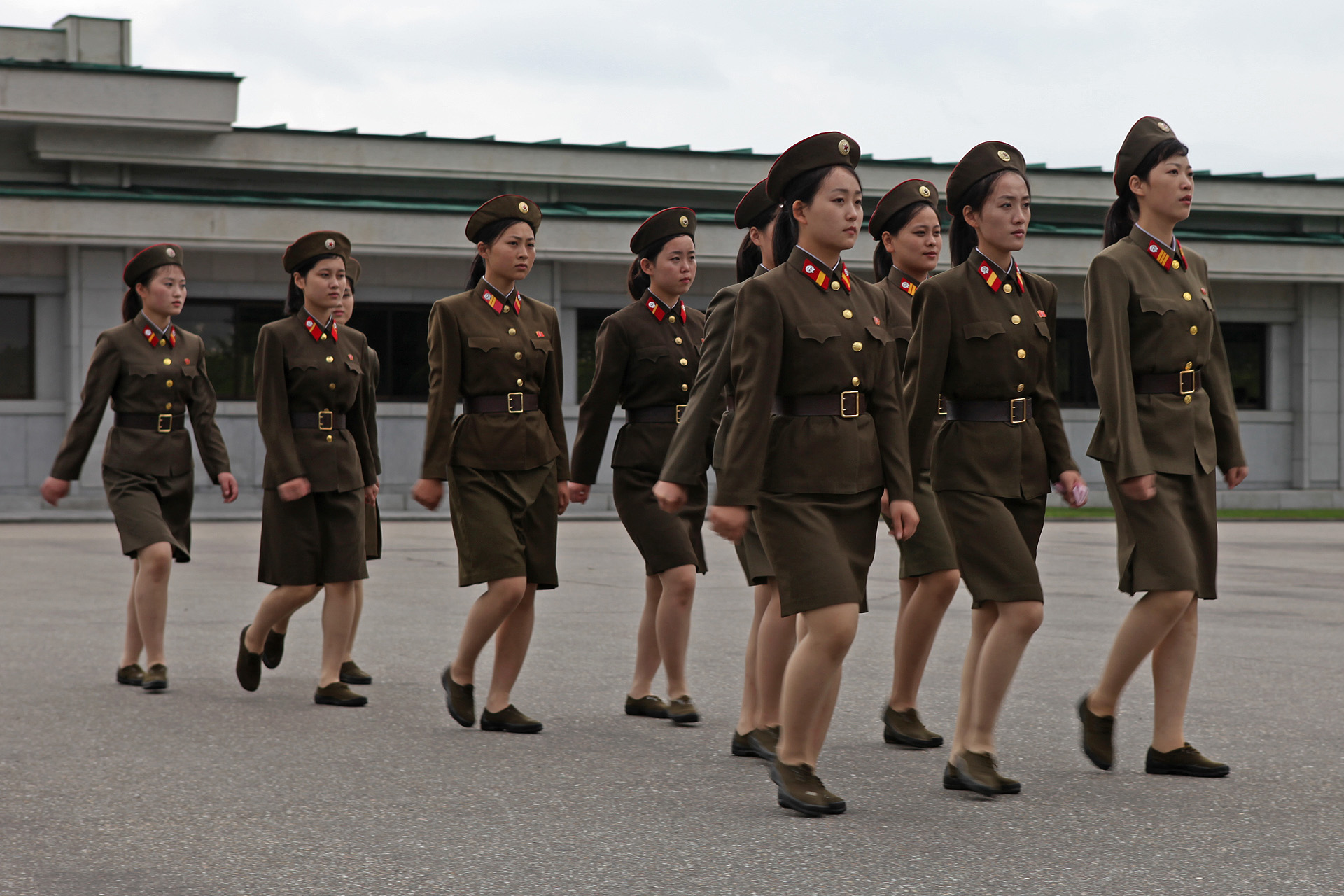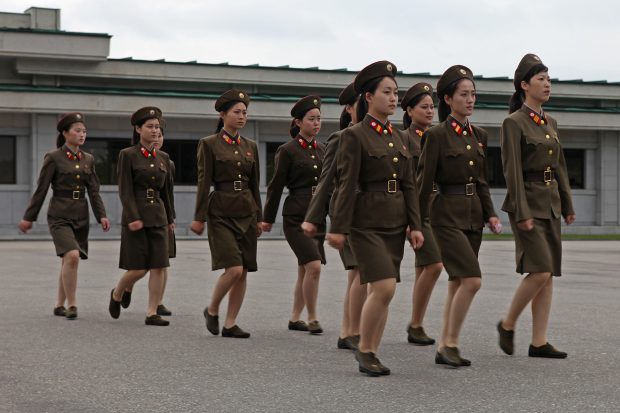
Can North Korea exist in international society?
International society is, historically at least, a rather British concept. It was first put forward by the scholar Martin Wight during a series of lectures at the London School of Economics in the 1950s. The basic premise being that when states interact with each other over time, there evolves a series of behaviors and practices. These are socialized effects in that they are produced by states who react to their own domestic conditions as well as being directed by leaders and statesmen with personalities and moral codes. Other states then observe these particular actions and react accordingly to their own idiosyncratic situations. As these behaviors continue over time, rules and codes are produced. Adherence to these practices and traditions generally results in acceptance to the society while failure to do so results in either refusal or expulsion.
International society is said by the proponents of the English School of IR Theory to have evolved from Christendom in Europe. As it slowly became secularized so as to have survived the various religious and ideological schisms, it began manifesting itself in different ways such as international law, diplomacy, and the balance of power. Following the end of the Second World War and the advent of the nuclear age, the great powers began to seemingly understand that armed conflict was not likely to be able to produce breakthroughs in friction. It is for that reason that diplomacy began to take on even more importance. Moreover, with the end of the age of imperialism and a host of former colonies granted independence, it was necessary for the European states to engage with these states in a horizontal and non-hierarchical manner that guaranteed recognition and respected their sovereignty.
This particular view of the world, that states compose a society just as Aristotelian man needs a polis in which to exist because he is by nature a political being, was widely rejected by American theorists and foreign policy advisors. People such as Kenneth Waltz and Robert McNamara advocated a more positivist approach that was promulgated by the rise of behaviorism and a desire to merge the natural sciences with the social sciences. America therefore adopted a more realist approach, steeped in the traditions of Kautilya, Machiavelli and Thomas Hobbes. It did so because it suited its temporal and spatial conditions rather than containing any inherent truth. Truth be told, realism and idealism stand in stark contrast to each other. They both claim everything while refuting the other and these two incompatible non-communicating paradigms result in a theoretical and pragmatic deadlock. This is perhaps what we are seeing with the Republican Party under Donald Trump and the rise of idealists such as Alexandria Ocasio-Cortez on the opposite side. The English School eschews such polarity. Imagine you have a devil in one ear telling you about the barbaric nature of the world, an angel in the other telling you about human sacredness. How do you resolve the conflict between these two? You use the thing in between them, your head, and approach the problem rationality.
International society is a rationalist approach to the world and the relations between nations. It hides neither in the world or war or peace, but sits between the two and embraces the nature of humans to be able to control and affect the world to a certain degree and do so that it might produce the two important values of justice and order. While the DPRK has been a part of the international state system since 1948 when its de facto existence was acknowledged as well as part of wider de jure recognition following its acceptance to the United Nations in 1991, for America, South Korea, and Japan it remains outside of international society. These countries have refused to diplomatically recognize the country and neither welcome ambassadors to have permanent residences in their capitals nor place them in Pyongyang. There could be a multitude of reasons for this but ultimately it comes down to the fact that they have chosen to exclude the DPRK from a society of which they are a member ― a society which with the end of the Cold War is now essentially the only international society. Acceptance to international society requires members to adhere to certain codes or behavior, to champion various norms, to recognize the important of process and a particular way of doing things. The DPRK has often shown little desire to do so, charging them with being an extension of Western imperialism.
Interestingly, following the enactment of diplomatic relations between the UK and the DPRK on December 12th 2000, the DPRK removed Britain from much of its anti-imperialist domestic propaganda. Perhaps then there is a lesson for both President Trump and Chairman Kim as they prepare to meet in Vietnam. For the American President it will be that the DPRK may well adjust its behavior accordingly if it is given diplomatic concessions. For Chairman Kim, he must surely recognize that international society requires one to adhere to rules and norms. International society has a very long tradition and it has evolved over time. It now helps keep peace between countries in an ever globalized nuclear ace through the use of institutions such as diplomacy and international law. Not every country always fully adheres to it and, as is often the case, it is those most powerful that will break the rules more often than others; however, there must be a degree of acceptance and adherence. Personally, I hope those in Pyongyang will put forth their intent to embrace international society and the practices that are entailed therein. The world is not a perfect one but neither is it purely Machiavellian. Rationalism has produced a global culture that allows nations to coexist and seek peace and prosperity. I shan’t hold my breath following the summit in Vietnam but I feel a peace treaty and diplomatic relations would likely be possible for the DPRK. Providing, of course, that they play by the rules.
By David Tizzard
(Korea Times)



